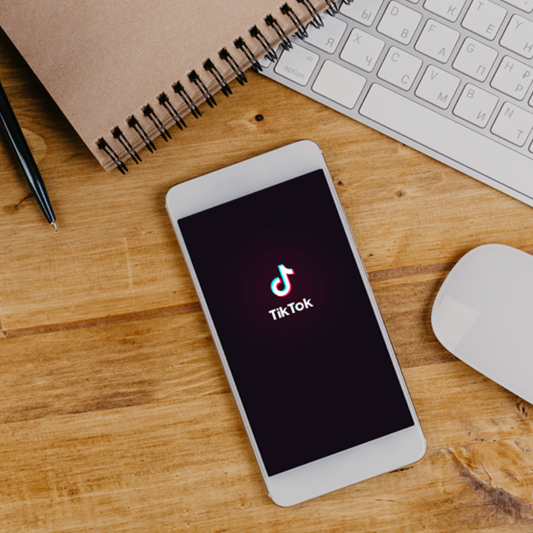Marketing rehab and addiction services in the digital space is complex and challenging. Each online platform has developed its own rulebook, and getting it right takes real know-how. Google, Facebook, Bing – they all have unique requirements when it comes to promoting healthcare services, especially addiction treatment.
 These platforms didn’t create strict rules just for fun. They serve countless vulnerable individuals daily, and that responsibility weighs heavily. Mess up these guidelines, and you’re not just looking at a slap on the wrist – we’re talking serious stuff like account shutdowns, rejected ads, or worse, legal trouble. That’s why most platforms now demand LegitScript certification, making sure treatment centers are up to par.
These platforms didn’t create strict rules just for fun. They serve countless vulnerable individuals daily, and that responsibility weighs heavily. Mess up these guidelines, and you’re not just looking at a slap on the wrist – we’re talking serious stuff like account shutdowns, rejected ads, or worse, legal trouble. That’s why most platforms now demand LegitScript certification, making sure treatment centers are up to par.
The Big Players: What You Need to Know
- Google Ads: Google, being the most widely used search engine today, has some of the toughest rules when it comes to advertising addiction treatment services. You’ll often need special certifications, and there may be restrictions on where and how your ads appear.
- Bing Ads: Bing’s policies are similar to Google’s, with requirements for certification and careful attention to the content in your ads.
- Meta Ads (Facebook & Instagram): With billions of users daily, Meta’s platforms can be great for reaching your audience, but their policies on addiction-related ads are very strict. Ads must be properly approved and can only target adults.
- TikTok Ads: TikTok takes a cautious approach to addiction-related advertising, with a focus on general mental health awareness rather than promoting specific treatment services.
- Snapchat Ads: With 38% of its users falling within the 18 to 24 age group, Snapchat is especially cautious about the content and messaging of healthcare-related ads, including addiction treatment.
- Pinterest Ads: Pinterest is more focused on wellness and self-care, making it a unique platform for promoting addiction recovery content. However, ads need to be realistic and avoid sensational recovery claims.
Why Following Rules Matters More Than Ever
Picture this: Someone’s at their lowest, searching for help online. They’re vulnerable, scared maybe. That’s exactly why these platforms maintain iron-clad rules. It’s not about making life difficult for treatment centers – it’s about protecting people when they need it most. Success in this space isn’t about flashy ads or clever marketing tricks. It’s about building trust, showing expertise, and proving you’re there to help, not just make a buck. Your ads should reflect your commitment to ethical care and professional treatment.
The digital landscape keeps shifting. What works in these platforms today might need tweaking tomorrow. Smart treatment centers stay flexible, keep learning, and always put ethical considerations first. That’s how you build a sustainable presence in this space. Think of platform restrictions as guardrails, not roadblocks. They’re there to help you demonstrate your facility’s dedication to proper care. When you’re planning your marketing strategy, focus on education and genuine help rather than hard selling. Show people you understand their struggles and have the professional expertise to help.
The most successful addiction treatment marketing doesn’t cast the widest net – it reaches the right people with the right message at the right time. Your campaigns should do more than just follow rules; they should genuinely guide people toward the help they need.

 Common Pitfalls to Avoid
Common Pitfalls to Avoid However, advertising rehab and addiction services on TikTok are a bit more restrictive compared to other platforms. TikTok’s policies are designed to protect its users—particularly its younger demographic—from sensitive or misleading content.
However, advertising rehab and addiction services on TikTok are a bit more restrictive compared to other platforms. TikTok’s policies are designed to protect its users—particularly its younger demographic—from sensitive or misleading content. Overview of Snapchat Ads Policies
Overview of Snapchat Ads Policies Understanding Pinterest’s Health Content Philosophy
Understanding Pinterest’s Health Content Philosophy